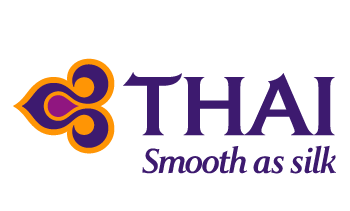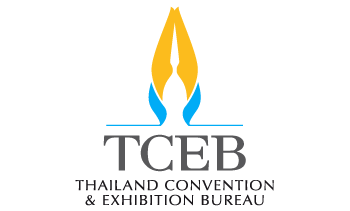
TOURISM
TAT says country’s reopening must proceed with small steps
Thailand must start its reopening plan slowly after the first Chinese tourists under the special tourist
visa (STV) scheme arrived on Tuesday, says the TAT.
This article was originally found on Bangkok Post.
TAT governor Yuthasak Supasorn said the first arrivals may not be in large numbers, but their
example will show the readiness of the public health system in Thailand.
He acknowledged that during the first phase of reopening, the monthly figure is limited to 1,200
people -- a far cry from the monthly average of 3 million tourists before the coronavirus outbreak.
Meanwhile, the plan to boost domestic tourism, especially to extended destinations, has to
continue regardless of the political situation, Mr Yuthasak said.
Just 1.6 million room nights under the domestic We Travel Together campaign have been redeemed,
he said. Those bookings had distributed 4.7 billion baht to 4,367 participating hotels as of Oct 15.
The agency will try to provide an easier method in order to stimulate bookings of a further 3.4
million available rooms by Jan 31, 2021.
The TAT on Tuesday held a meeting with global hotel management companies in Thailand, including
Accor, Marriott, Centara and Onyx, to clarify the reopening plan under the STV scheme and discuss the
rebuilding plan for Thai tourism.
Mr Yuthasak said operators expressed their urgent need of support to maintain employees. They
want the Social Security Fund to help relieve the financial burden.
"We have to seek cooperation with the Social Security Office to provide support for tourism
workers because the current situation is considered force majeure," Mr Yuthasak said.
Some hoteliers raised concerns about the political climate, but he said it was too early to
comment on the situation.
Patrick Basset, chief operating officer of Accor for Upper Southeast and Northeast Asia and the
Maldives, said the tourism industry is sensitive to any political unrest, especially while already dealing
with difficulties due to Covid-19.
Hoteliers still have memories of past colour-coded demonstrations that hurt the tourism
industry.
"We are concerned and we hope for proper dialogue, as people showing up in mass demonstrations
means they want to be heard," Mr Basset said.
In terms of the reopening plan, imposing a quarantine on travellers will only deter inbound
tourism, he said.
There are many countries with good control of Covid-19, so the group hopes the government will
consider a tourism plan like Japan's travel bubble, under which foreigners can visit that country without
being kept in quarantine.
Mr Basset said domestic tourism is the biggest market that operators can work on, while the
country also has roughly 2 million expatriates who could form a potential market.
"The key is how to get people to travel further than just around Bangkok, such as flying to
Phuket, Koh Samui and Chiang Mai," he said.



